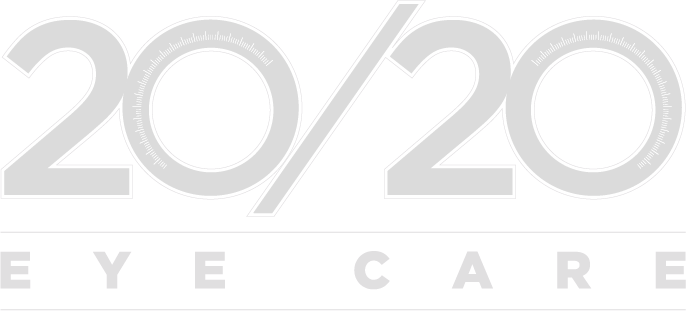Myopia aka nearsightedness is very common. Due to this condition, things far away (at a distance) seem blurry/hazy. one out of two patients (50%) have myopia. Traditionally, myopia has been corrected by glasses, contact lenses, or surgery in many cases.
In the past decade, studies show a high progression of myopia in children. The main risk factors for this increase are:
High myopia progression in children can increase the chances of having many eye problems later:
It is important to understand that myopia progression cannot be stopped or reversed. Research shows a direct link between the risk factors listed above and a steep increase in your child’s prescription over time. Due to our lifestyle and the future of tech in our lives, we need to implement myopia control strategies available to us today!!
Latest advances in research have provided us with tools to slow the progression of myopia. We implement the following tools in our daily practice to help our patients:
Low-dose prescription Atropine drops have been shown to slow the progression of myopia by up to 60%. used once at bedtime
Spectacle lenses with patented peripheral defocusing technology allow slowing the progression of myopia by up to 60%. These lenses replace the traditional single vision lenses, which are to be worn full time in spectacle frames.
Single-use (dailies) Contact lenses with patented peripheral defocusing technology can be coupled with the spectacle lenses for active children. Clinically proven to slow the progression of myopia by 59%.

Comprehensive
Compassionate
Care
Copyright © 2023. All rights reserved.